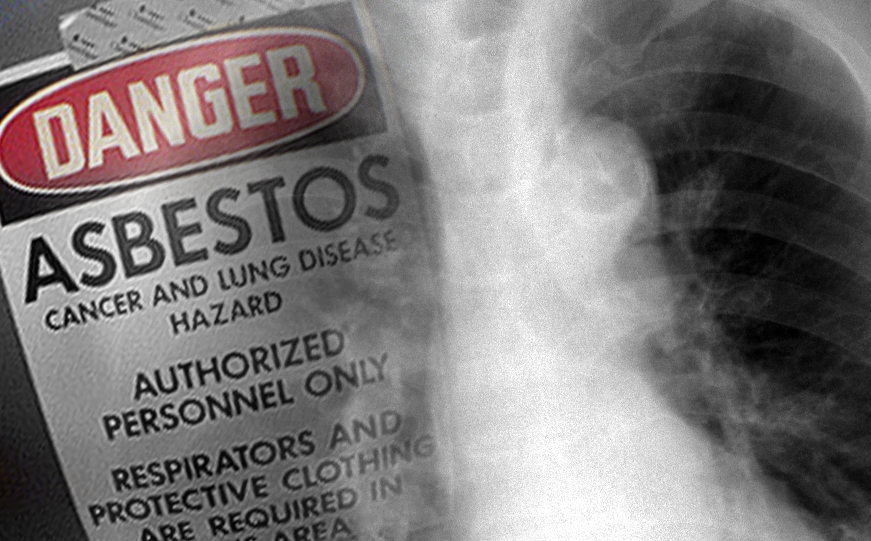Apparently the Environmental Protection Agency is seeking to loosen the rules on asbestos in products, a curious idea, to put it mildly. But despite all the hand-wringing, we don’t see this as a problem.
No, we’re not saying that building products laced with a carcinogen are a good idea. Nobody thinks that. And that’s the point.
Consumers, these days, are too smart and well-informed.
This asbestos news creates an opportunity to have some fun anticipating how companies could market their new carcinogenic products by showing how it’s been done in the past.
It’s an enjoyable walk down memory lane, taken from the golden age of advertising. The ads are quaint in their naked attempts to position the products as the answer to everyone’s problems, and their ability to make consumers’ lives joyous and wonderful.
The ads provide an interesting look back at history, but they have little bearing on today’s landscape. And that’s why we’re not too concerned about new asbestos-laden products.
Public Enemy No. 1
If asbestos were an outlaw in the Wild West, it would be Public Enemy Number One. Its face would be on “Wanted” posters hung out front saloons, general stories and brothels in every one-horse town from Texas to Utah.
In other words, consumers are well aware of the threat posed by asbestos, and they’re not about to forget that. It’s been drilled into their heads. Every time they schedule an inspection after buying or selling a home, the specter of asbestos looms.
Also, consumers are more educated and informed than our ancestors back in the 50s and 60s were. There is much more information available about every product, every customer complaint, every lawsuit, every health recall.
Companies would be hard-pressed to “pull one over” on consumers these days, even if they renamed asbestos (as one brand did) to micronite.
In addition, there are legions of consumer advocacy groups and environmental protection NGOs, all standing ready to do legal and/or public relations battle with corporations that run afoul of what they deem appropriate.
Any company that begins producing asbestos products also would have to face their competitors… who would be all-too happy to call them out.
But the biggest reason we’re not concerned about companies starting to use asbestos is that they’re simply more responsible today than they were years ago. Sure, there are always a few examples of companies that act irresponsibly — or even unethically — but those are few.
Today’s business landscape demands that companies act responsibly. Consumers and even employees want to associate with brands that are changing the world for the better, so we can leave it a better place for our children.
We’re not sure why the asbestos rules currently are being considered for relaxing. But we have a lot more faith in consumers and businesses to not allow things to go back to the way they were in the 60s.
As quaint as those old ads are.




